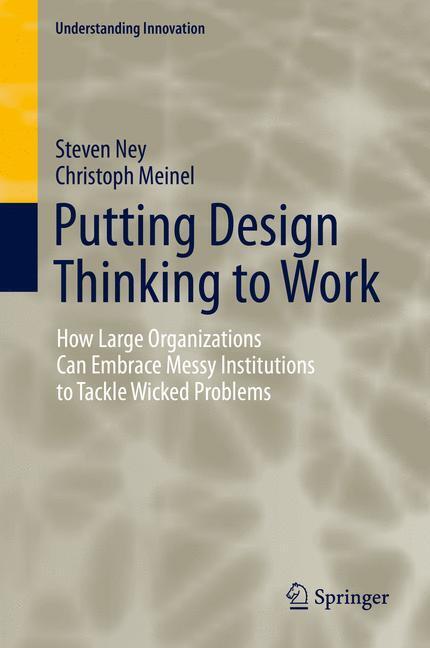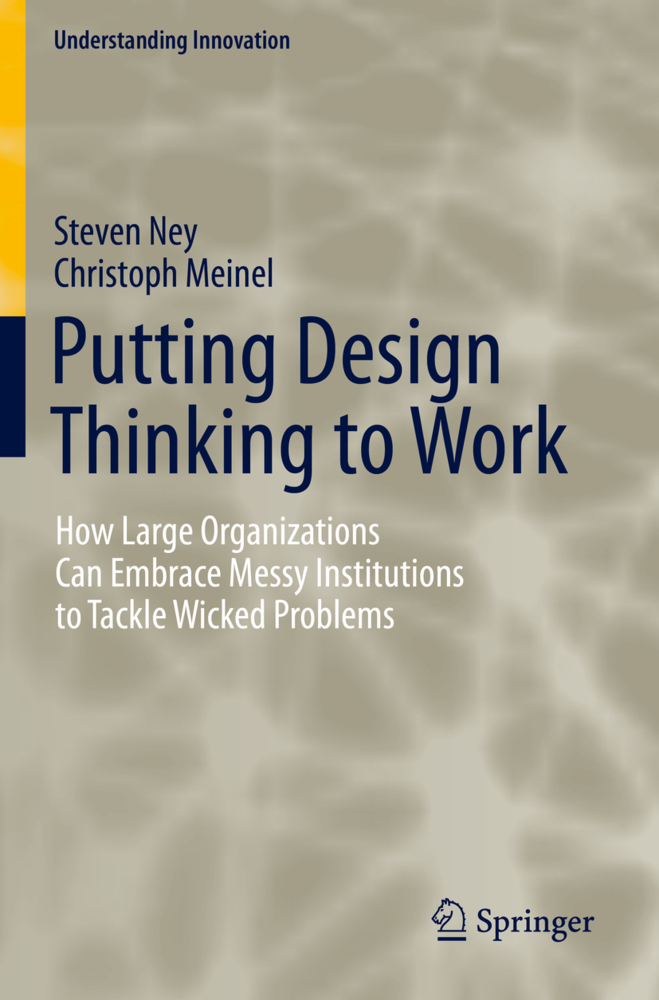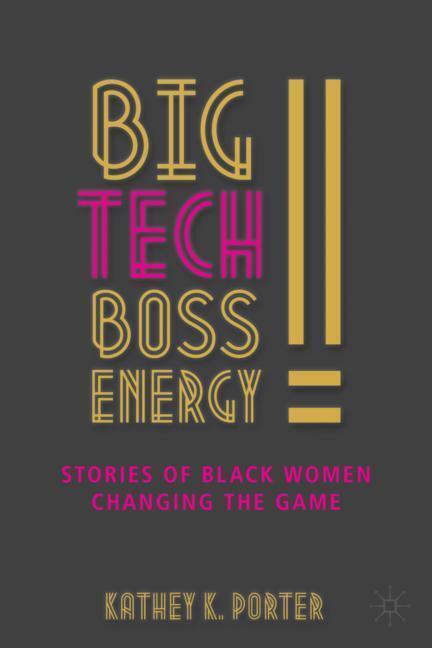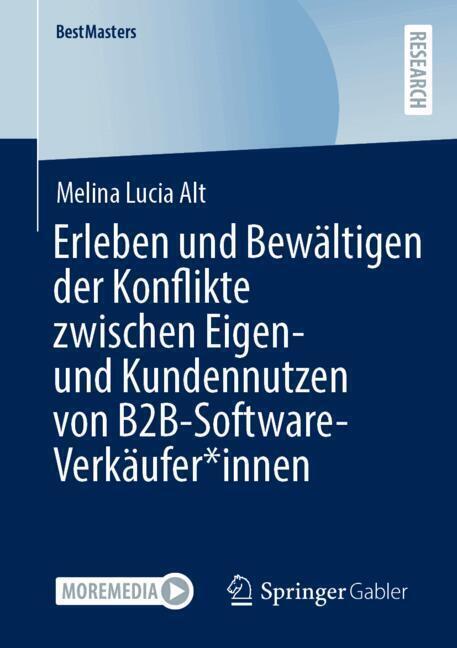Putting Design Thinking to Work
How Large Organizations Can Embrace Messy Institutions to Tackle Wicked Problems
This book discusses how the methods and mindsets of design thinking empower large organizations to create groundbreaking innovations. Arguing that innovations must effectively tackle so-called 'wicked problems,' it shows how design thinking enables managers and innovators to create the organizational spaces and practices needed for breakthrough innovations. Design thinking equips actors with the tools and methods for harnessing the creative tensions inherent in pluralist, often conflicting disciplinary approaches. This, however, requires the transformation of contemporary organizational cultures away from monolithic, integrated models (or identities) toward more pluralist, dynamic and flexible institutional identities. Based on real-world cases from a wide range of organizations around the globe, the book offers managers and innovators practical guidance on initiating and managing the cultural transformations required for effective innovation.
Steven Ney completed his doctorate in the policy sciences at the Department of Comparative Politics in the University of Bergen, Norway. Trained as a policy analyst at the University of London, Steven Ney has worked on a wide range of policy issues in a number of research institutes including the LOS Center in Bergen, ICCR in Vienna and the International Institute for Applied Systems Analysis in Laxenburg. After spending four years from 2005 as an Assistant Professor of Political Science at Singapore Management University, Steven Ney took up the Chair of Social Entrepreneurship at Jacobs University, Bremen, Germany, in August 2009. Starting as a researcher of environmental issues, particularly climate change, Steven Ney has developed an interest in analyzing the way societies deal with complex and uncertain policy changes. Recently he has concentrated on social innovation and social entrepreneurship as a means of bringing about institutional change. From 2014 to 2018 Steven Ney designed, implemented and managed professional and executive education formats at the HPI Academy and HPI School of Design Thinking in Potsdam. In particular, he was responsible for managing the Certification Programme for Design-Thinking coaches. Since November 2018, Steven Ney develops co-creation and co-innovation workshops for T-Systems International.
Prof. Dr. sc. nat. Dr.rer.nat. Christoph Meinel (1954) is President and CEO of the Hasso Plattner Institute for Digital Engineering gGmbH (HPI) and Dean of the Digital Engineering Faculty of the University of Potsdam. He is C4-professor for computer science and heads the department for Internet Technologies and Systems. Beside others Meinel is member of acatech, the National German Academy of Science and Engineering, and visiting professor in various national and international universities. He developed the first European MOOC-platform openHPI, heads the Schul-Cloud project of the Federal German Ministry of Education and Sciences, and is program director of the HPI-Stanford Design Thinking Research Program.
Steven Ney completed his doctorate in the policy sciences at the Department of Comparative Politics in the University of Bergen, Norway. Trained as a policy analyst at the University of London, Steven Ney has worked on a wide range of policy issues in a number of research institutes including the LOS Center in Bergen, ICCR in Vienna and the International Institute for Applied Systems Analysis in Laxenburg. After spending four years from 2005 as an Assistant Professor of Political Science at Singapore Management University, Steven Ney took up the Chair of Social Entrepreneurship at Jacobs University, Bremen, Germany, in August 2009. Starting as a researcher of environmental issues, particularly climate change, Steven Ney has developed an interest in analyzing the way societies deal with complex and uncertain policy changes. Recently he has concentrated on social innovation and social entrepreneurship as a means of bringing about institutional change. From 2014 to 2018 Steven Ney designed, implemented and managed professional and executive education formats at the HPI Academy and HPI School of Design Thinking in Potsdam. In particular, he was responsible for managing the Certification Programme for Design-Thinking coaches. Since November 2018, Steven Ney develops co-creation and co-innovation workshops for T-Systems International.
Prof. Dr. sc. nat. Dr.rer.nat. Christoph Meinel (1954) is President and CEO of the Hasso Plattner Institute for Digital Engineering gGmbH (HPI) and Dean of the Digital Engineering Faculty of the University of Potsdam. He is C4-professor for computer science and heads the department for Internet Technologies and Systems. Beside others Meinel is member of acatech, the National German Academy of Science and Engineering, and visiting professor in various national and international universities. He developed the first European MOOC-platform openHPI, heads the Schul-Cloud project of the Federal German Ministry of Education and Sciences, and is program director of the HPI-Stanford Design Thinking Research Program.
1;Contents;62;Chapter 1: Introduction;102.1;What is Design Thinking?;112.1.1;Innovating in Diverse and Autonomous Teams;142.1.2;Creating Room(s) for Innovation;162.1.3;Mobilising Creative Potential: The Design Thinking Process;182.1.3.1;Reframing Design Challenges: The Problem Space;192.1.3.2;Solving Problems Through Innovation: The Solution Space;212.1.3.3;Round and Round It Goes: Iteration;212.2;Brief Overview of the Book;242.3;References;273;Chapter 2: Innovation, Wicked Problems and Design Thinking;293.1;Why People Want Design Thinking: Innovation and Organisational Survival;303.1.1;Innovation in Businesses;303.1.2;Innovation in the Economy;323.1.3;Shelter from the Storm: Fads and Fashions in Management;333.2;Why People May Need Design Thinking;353.2.1;Innovation in the Public Sector: Value as Problem-Solving;353.2.2;Wicked Problems;393.2.3;Knowledge, Frames and Paradigms;413.2.4;Solving Wicked Problems: Integrative Thinking and Clumsy Solutions;423.2.5;Design Thinking, Integrative Thinking and Clumsy Solutions;443.3;Conclusion;483.4;References;494;Chapter 3: Clumsy Solutions, Messy Institutions and Cultural Change;514.1;Wicked Problems, Innovation and Large Organisations;524.1.1;Reasons for Organisational Failure;524.1.2;Transformation and Organisational Viability;544.1.3;More In-Built Failure;594.2;From Ambidextrous to Multi-Dextrous Organisations;624.3;Messy Institutions;714.3.1;Four Roads to Clumsiness;714.3.2;Four Sets of Strengths and Weaknesses;744.3.3;Messy Institutions and Design Thinking;764.4;Conclusion;774.5;References;795;Chapter 4: Creating Social Spaces for Exploration;815.1;Space, Deliberation and Mini-Publics;825.2;Carving New Organisational Spaces Out of Institutional Silos;845.3;Expanding and Narrowing Strategic Options for Organisations;875.3.1;Individual Discomforts, Professional Grievances;885.3.2;Three Patterns of Resistance: Disruption, Agenda-Setting and Manipulation;905.3.2.1;Disruption: Controlling Self-Governance and Accountability;905.3.2.2;Agenda-Setting: Controlling Autonomy;925.3.2.3;Manipulation: Controlling Debate;935.4;Lessons Learnt;935.4.1;Design Thinking Causes Alienation Too;945.4.2;Senior Management Support May Not Be Enough;945.4.3;Design Thinking Spaces Need Protection at Operational Level;955.4.4;New Management of Interfaces;955.5;Conclusion;965.6;References;986;Chapter 5: Hunting, Gathering and Taking It Home: Bringing New Perspectives and Perceptions into Organisations;1006.1;Hunting, Gathering and Taking It Home: Strengthening Diversity in Teams and Giving Users a Voice in the Design Process;1016.2;Mobilising Diversity;1036.2.1;Teasing Out Diversity Within Teams;1036.2.2;Hunting and Gathering: Incorporating User Voices in Design Processes;1046.3;The Benefits of a Rich Pool of Ideas;1066.3.1;Confronting Assumptions;1066.3.2;Designing Better Outputs;1076.4;The Difficulties of Setting Up a Richer Pool of Ideas (And an Open Question);1086.4.1;Marginalisation and Exclusion;1086.4.2;Lacking Skills;1096.4.3;Misuse and Misunderstanding;1106.4.4;How Diverse Is Diversity?;1116.5;Lessons Learnt;1116.5.1;Acknowledge Shifts of Accountability and Legitimacy;1126.5.2;Enable Continuous Learning;1136.5.3;Balance Exploration and Exploitation in Methods;1146.5.4;Ensure a Requisite Variety of Voices;1156.6;Conclusion;1156.7;References;1177;Chapter 6: Design Thinking and Messy Practices;1197.1;Messy Design Thinking;1207.1.1;Output-Oriented Practices;1217.1.2;Inclusion-Oriented Practices;1267.1.3;Process-Oriented Practices;1297.1.4;Chance-Oriented Practices;1317.2;Strengths and Weaknesses of Contending Practices;1327.2.1;Avoiding Dilettantism;1327.2.2;Preventing Paralysis;1347.2.3;Reigning in Expertise;1347.3;Pluralist Practices in Large Organisations;1367.3.1;Output-Oriented Practices;1367.3.2;Inclusion-Oriented Practices;1387.3.3;Process-Oriented and Chance-Oriented Practices;1397.4;Messiness in Practice: Impacts
| ISBN | 9783030196097 |
|---|---|
| Artikelnummer | 9783030196097 |
| Medientyp | E-Book - PDF |
| Copyrightjahr | 2019 |
| Verlag | Springer-Verlag |
| Umfang | 196 Seiten |
| Sprache | Englisch |
| Kopierschutz | Digitales Wasserzeichen |











